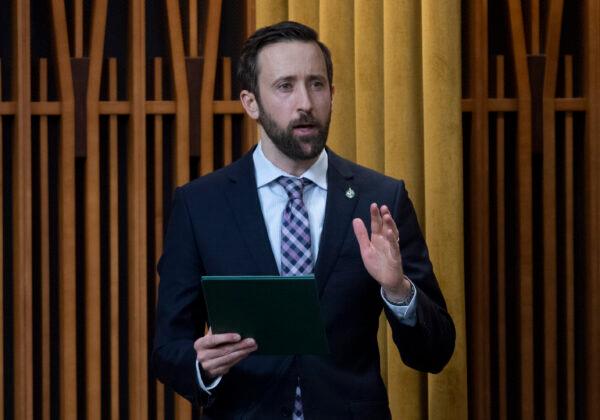The brouhaha over Don Cherry that has been consuming the news cycle is reflective of a few insidious ailments currently plaguing society.
One is that political correctness has run rampant to the point where every syllable spoken has to be approved by a self-appointed group of moral paragons. Another is, as one can see from the reaction to Cherry’s firing and subsequent commentary, that there remains a divide between how the average Canadian sees their country and how the cultural elite would like to define it for everyone.





